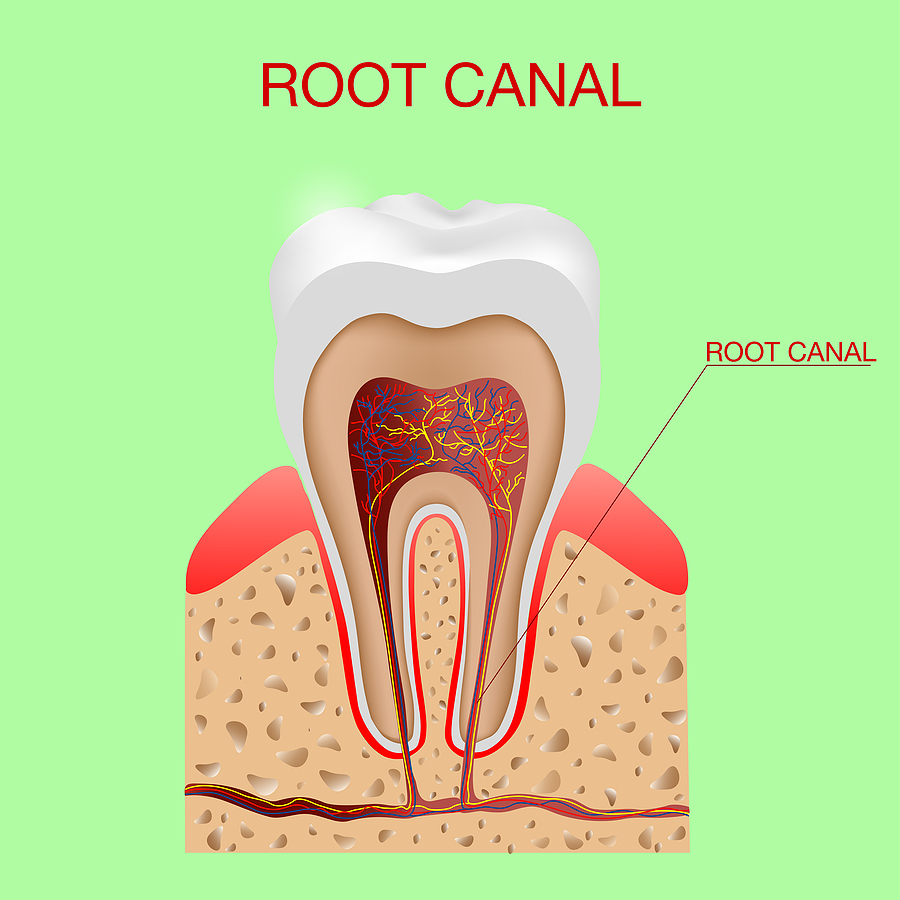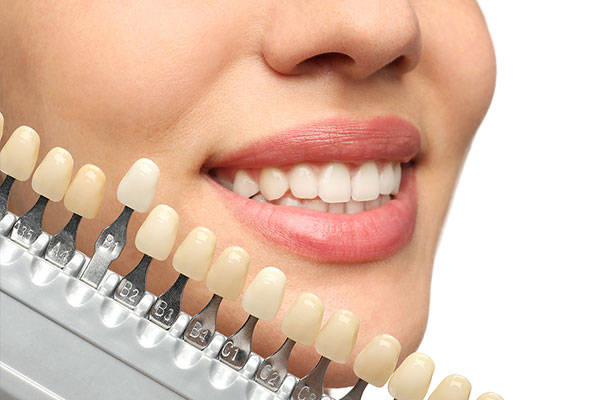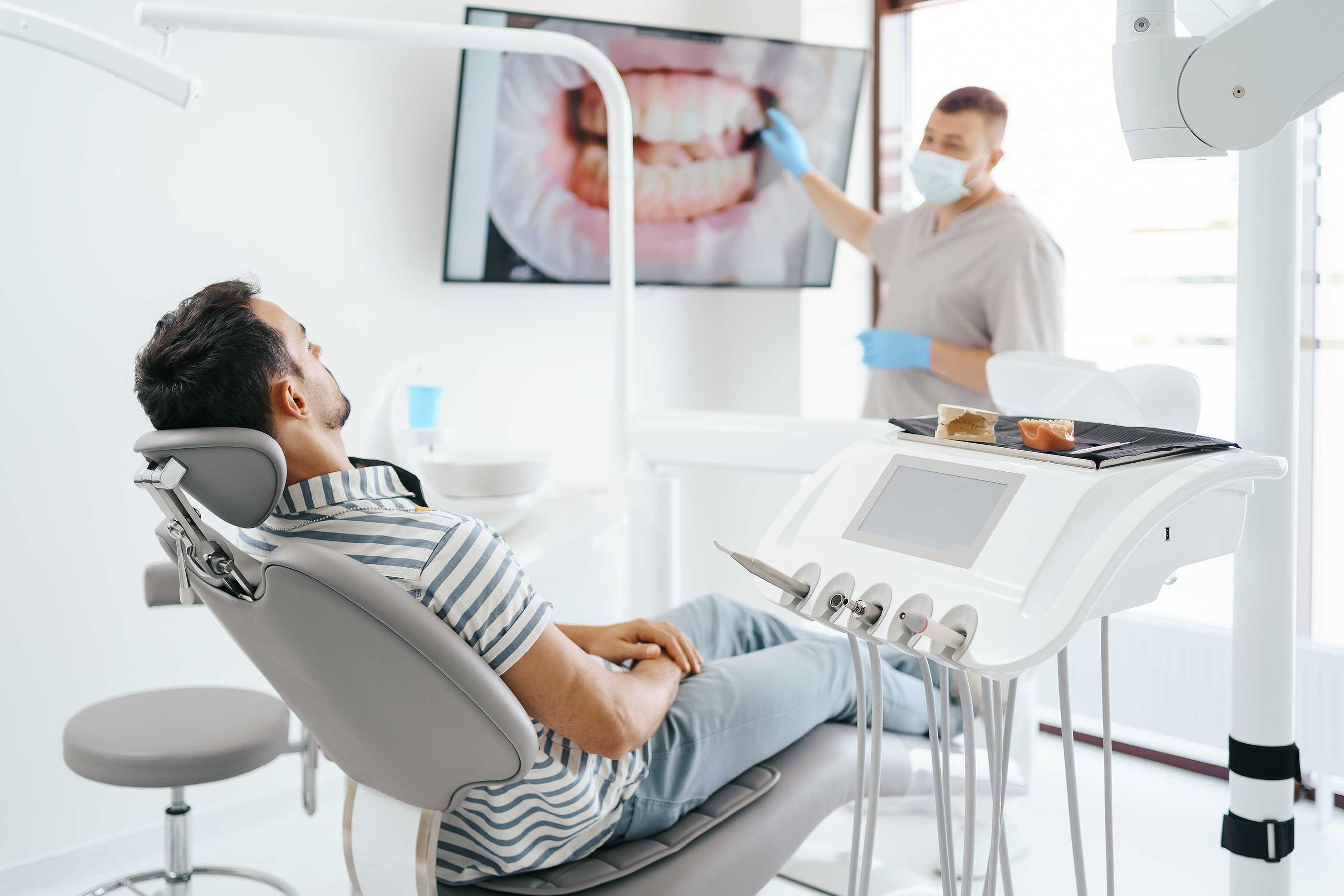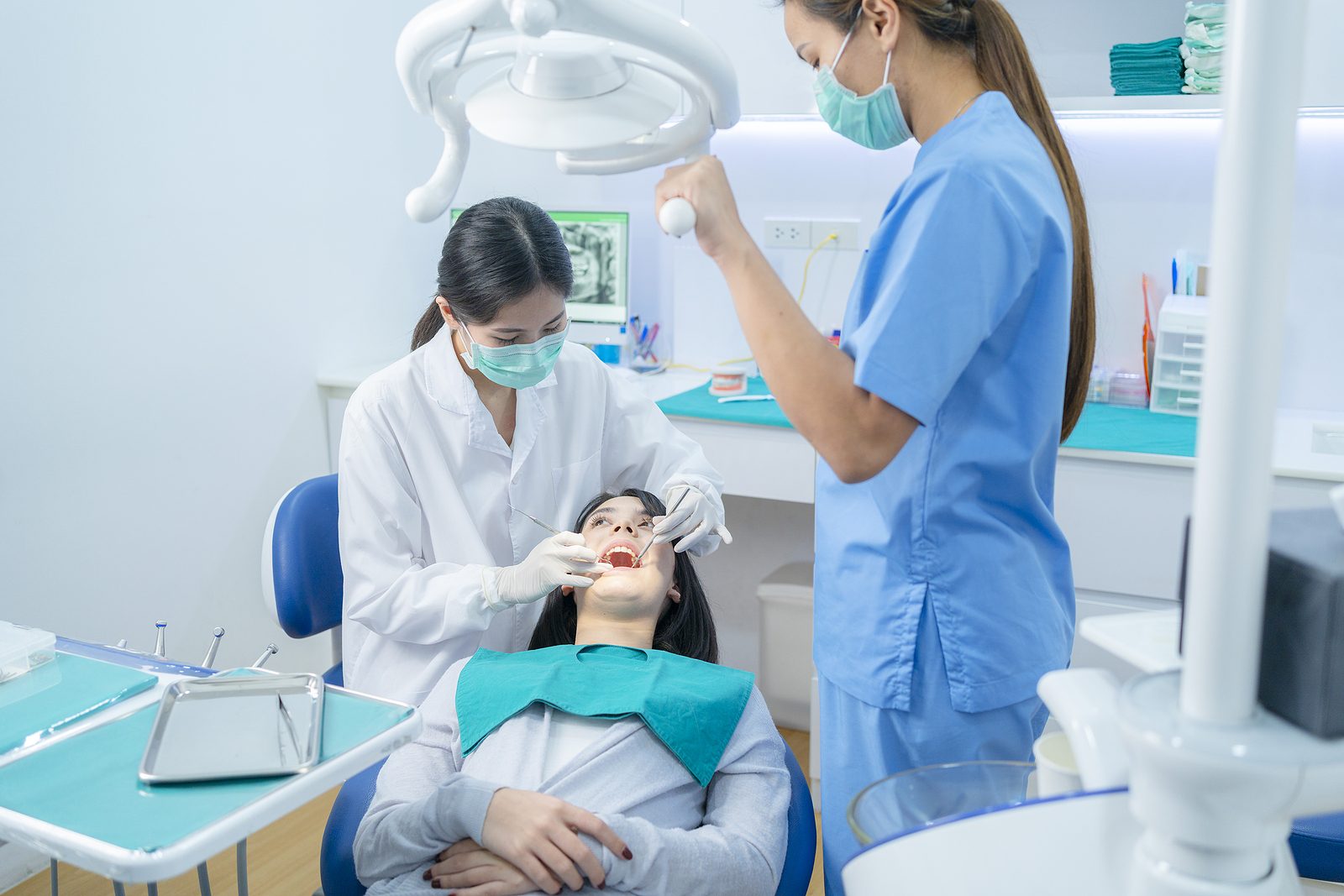The Role of Dental Crowns in Restorative Dentistry: More Than Just a Cosmetic Fix
Posted by Lance Robbins
Dental Procedure
on Apr 9 2025, 04:23 AM
When it comes to dental health, appearances can be deceiving. Many people think of dental crowns as mere cosmetic enhancements, but they play a crucial role in restorative dentistry that goes far beyond aesthetics. Whether you’re dealing with decay, damage, or wear and tear on your teeth, porcelain crowns in Springfield, MO, offer a reliable solution for restoring both function and beauty to your smile. Understanding what dental crowns are and how they work can empower you to make informed decisions about your oral care. Let’s dive into the world of dental crowns and uncover their true significance!
The Different Types of Dental Crowns
Dental crowns come in various materials, each designed for specific needs and preferences. Porcelain crowns are popular due to their natural appearance. They blend seamlessly with your existing teeth, making them ideal for front teeth restorations.
Metal crowns offer exceptional durability and strength. They’re often used on molars where the pressure from chewing is greatest. Gold and other alloys can withstand daily wear and tear effectively.
Resin crowns provide a more budget-friendly option but may not be as durable as porcelain or metal. While they can look great initially, they might wear down faster over time.
Ceramic crowns combine aesthetics with strength, suitable for those looking for a lifelike finish without compromising resilience. Each type has its strengths, catering to different dental requirements while enhancing oral health.
Benefits of Dental Crowns in Restorative Dentistry
- Dental crowns play a vital role in restorative dentistry, offering both functional and aesthetic advantages. They provide strength to weakened teeth, allowing patients to chew without discomfort. This added durability can significantly enhance daily life.
- Crowns also serve as protective barriers against decay. When a tooth is damaged or has undergone root canal treatment, a crown helps safeguard it from further harm.
- Beyond functionality, dental crowns can elevate the appearance of your smile. With options like porcelain crowns in Springfield, MO, you can achieve a natural look that blends seamlessly with surrounding teeth.
- Another benefit is their longevity. With proper care, dental crowns can last many years—making them an excellent investment in oral health. This durability reduces the frequency of dental visits for repairs or replacements.
- In cases where alignment issues exist, crowns may help restore balance to bite patterns and improve overall oral function.
Common Issues that Require the Use of Dental Crowns
Dental crowns are often essential for various dental issues. They provide strength and protection when a tooth is damaged.
- One common reason for needing a crown is severe tooth decay. When cavities become extensive, fillings may not suffice. A crown can restore the tooth's structure and function.
- Cracked or fractured teeth also benefit from crowns. An injury or grinding can lead to significant damage, making it crucial to cover the affected area with durable material.
- Additionally, after root canal treatment, a crown is frequently placed on the treated tooth. This helps protect it from further harm and supports its integrity.
- Aesthetics play a role, too; discolored or misshaped teeth may require crowns to enhance appearance while maintaining functionality. Each case highlights how versatile these restorations truly are in maintaining oral health. Contact us to learn more.
The Procedure of Getting a Dental Crown
Getting a dental crown typically involves two visits to your dentist. During the first appointment, your dentist will assess the affected tooth and prepare it for the crown. This might involve removing any decay or damaged tissue.
After that, impressions of your teeth are taken to create a customized crown. A temporary crown is placed over the prepared tooth while you wait for the permanent one.
When you return for your second visit, the temporary crown is removed. The new porcelain crown is then fitted and checked for comfort and bite alignment.
Your dentist will ensure that it fits perfectly before bonding it permanently in place with dental cement. After this process, you'll have a restored tooth that's both functional and aesthetically pleasing.
Caring for Your Dental Crown
Caring for your dental crown is essential for its longevity and function.
- Regular oral hygiene practices are key. Brush your teeth at least twice a day, focusing on the area around the crown to prevent plaque buildup.
- Flossing daily is just as important. It helps remove food particles and debris that a toothbrush may miss, especially between teeth where crowns often sit.
- Watch what you eat too. Avoid hard or sticky foods that could dislodge or damage your crown over time. Chewing ice can be particularly harmful.
- Routine dental check-ups should not be overlooked either. Your dentist will monitor the health of your crown and surrounding gums, ensuring everything remains in good condition.
- If you notice any changes such as sensitivity or discomfort, reach out to your dentist promptly to address potential issues before they escalate.
Alternatives to Dental Crowns
When dental crowns aren’t the right fit, several alternatives exist for restoring your smile.
- One popular option is a dental filling. Fillings are ideal for minor cavities and can help maintain tooth structure.
- Another possibility is a veneer. Veneers cover only the front surface of teeth, making them perfect for aesthetic improvements without full coverage like crowns provide.
- For more extensive damage, consider onlays or inlays. These custom-made restorations fit into the tooth, offering strength and protection while preserving more natural tooth material than a crown would.
- In some cases, root canal therapy may be necessary if decay has reached the nerve of a tooth. After treatment, follow-up restoration might use one of these alternatives depending on how much structural support remains.
Each alternative comes with its own benefits and considerations, so consulting with your dentist is crucial to determine what will best meet your needs.
Conclusion
Dental crowns play a vital role in restorative dentistry. They serve not just as cosmetic enhancements but also as essential tools for maintaining dental health. With various types available, including porcelain crowns in Springfield, MO, patients can find options that suit both their aesthetic preferences and functional needs.
The benefits of dental crowns extend beyond appearance; they protect weakened teeth, restore function, and prevent further damage. Many common issues, such as severe decay or fractures, necessitate the use of these durable restorations.
Understanding the procedure to get a crown can alleviate any apprehensions about treatment. It often involves multiple visits but ensures a well-fitted result that enhances both comfort and oral health. After getting your crown, proper care is crucial to ensure its longevity—regular brushing and flossing should never be overlooked.
While there are alternatives like fillings or veneers available for certain situations, dental crowns remain an excellent choice for many patients needing substantive restoration.
Embracing the advantages of dental crowns can lead to improved oral health and confidence in your smile. If you're considering this option, consulting with your dentist will guide you toward the best decision tailored specifically to your needs.
Please reach out to iTooth Family Dentistry in Springfield, MO, to have a consultation with our dentists, Dr. Robbins or Dr. Fincel. Call Dentist Springfield MOat (417) 883-8515 or schedule an online consultation, and we’ll guide you further.
Share On

Can a Root Canal Procedure Save My Tooth?
When it comes to dental health, appearances can be deceiving. Many people think of dental crowns as mere …

How Dental Veneers Can Transform Your Smile
When it comes to dental health, appearances can be deceiving. Many people think of dental crowns as mere …

Protecting Smiles with Dental Sealants in Springfield, MO
When it comes to dental health, appearances can be deceiving. Many people think of dental crowns as mere …












